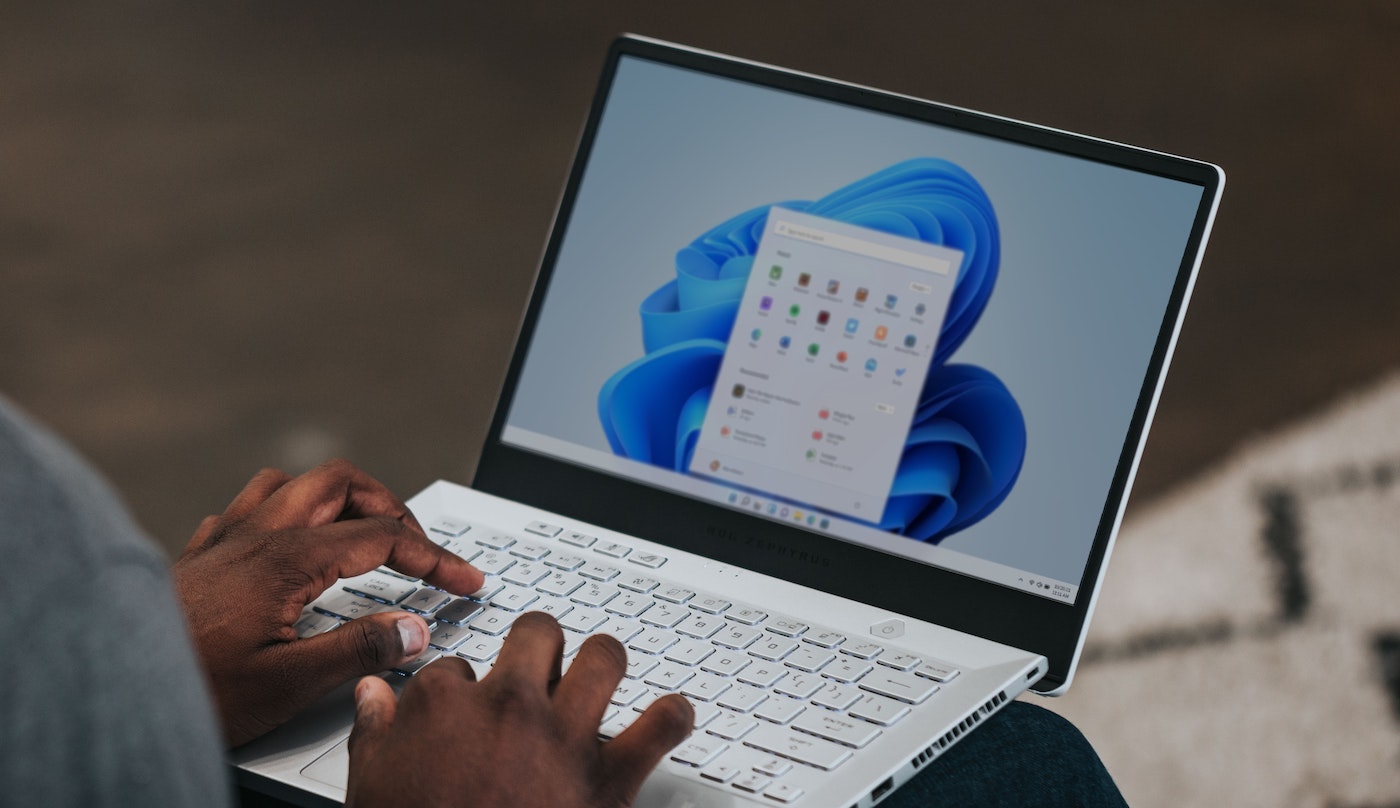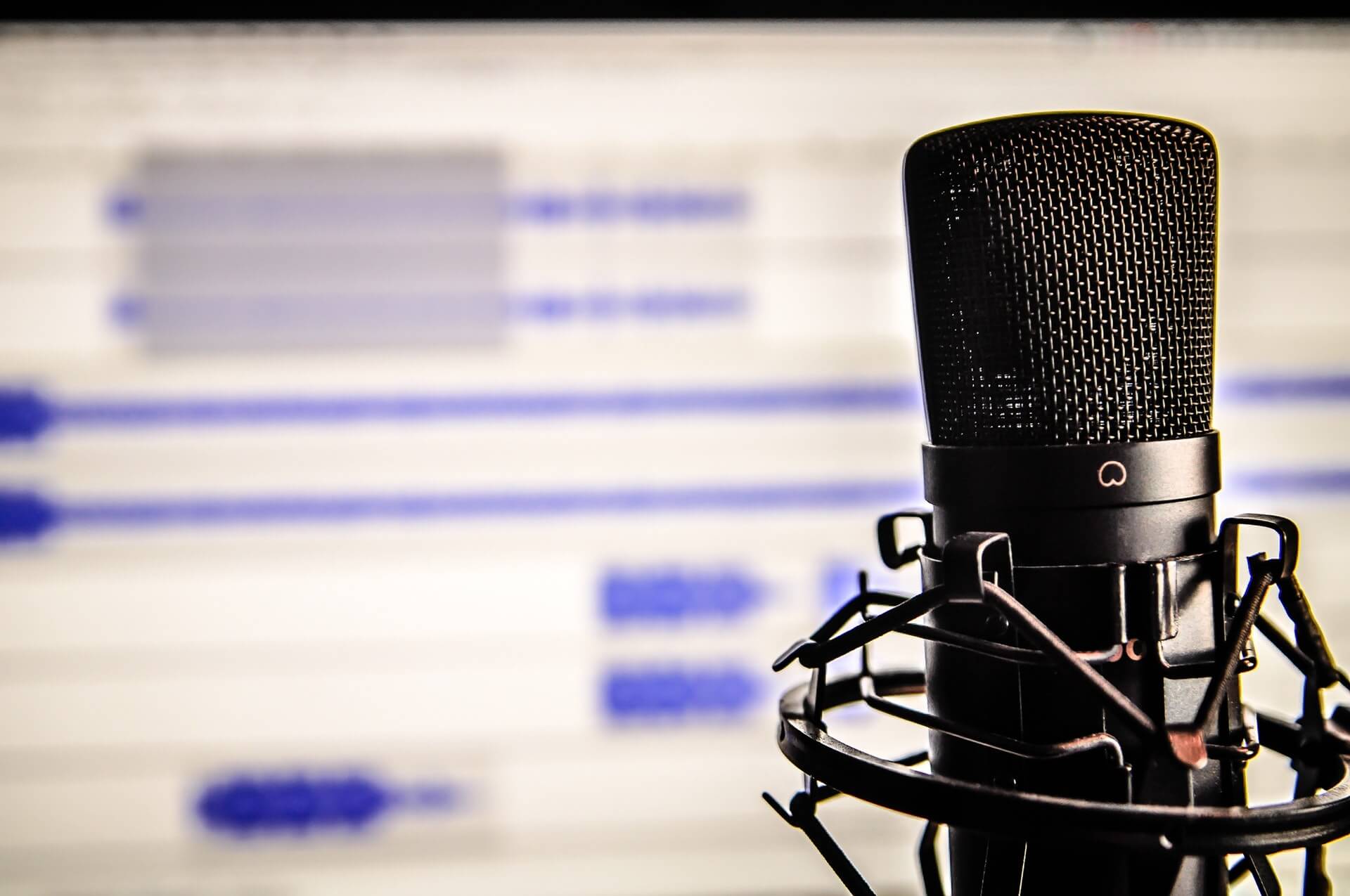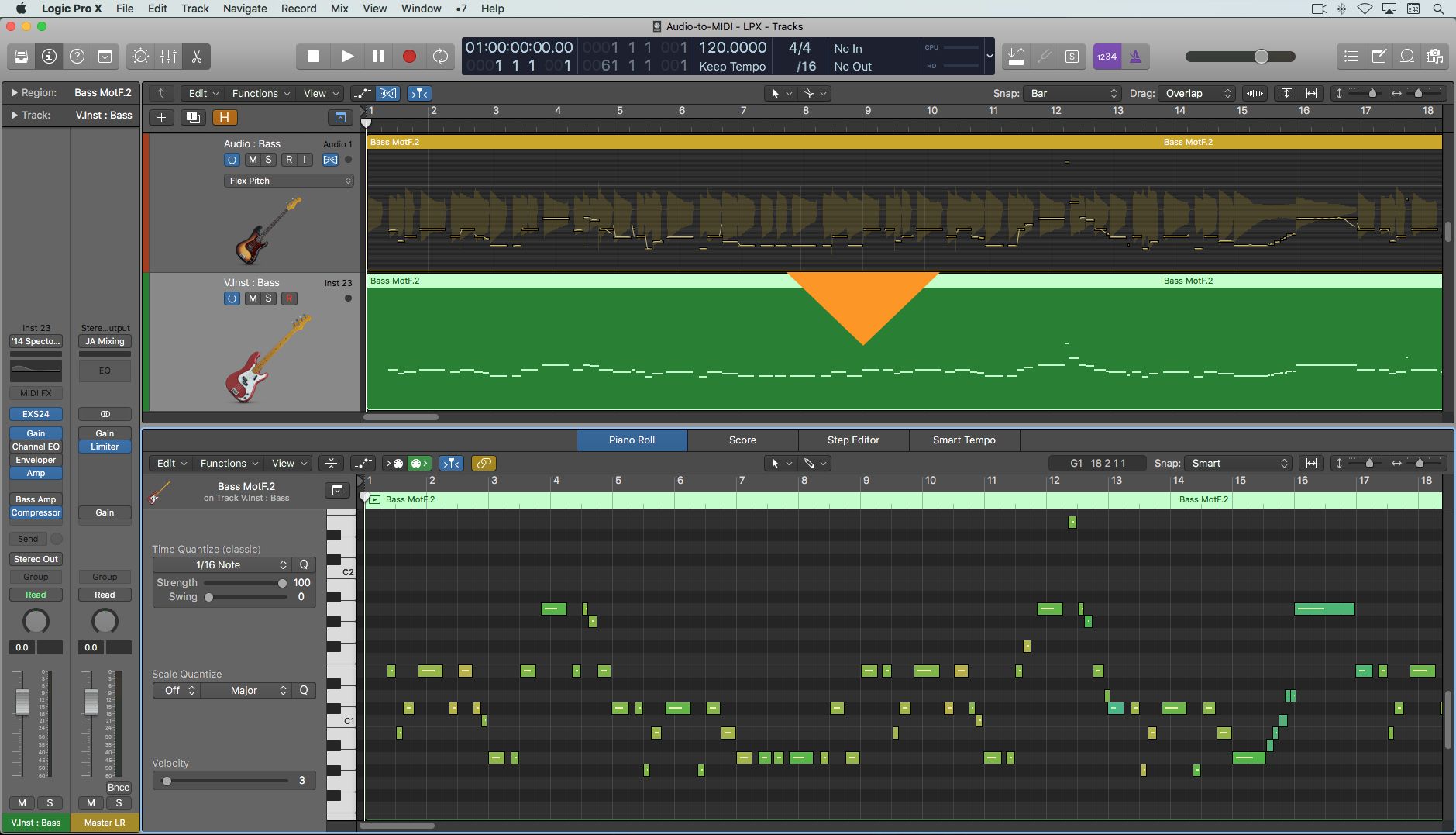Home>Production & Technology>MP3>How To Convert M4A To MP3 On Windows


MP3
How To Convert M4A To MP3 On Windows
Modified: January 22, 2024
Convert your M4A files to MP3 on Windows effortlessly. Follow our easy step-by-step guide to enjoy your favorite music in the desired format.
(Many of the links in this article redirect to a specific reviewed product. Your purchase of these products through affiliate links helps to generate commission for AudioLover.com, at no extra cost. Learn more)
Table of Contents
Introduction
MP3 is one of the most popular audio file formats globally, known for its high-quality sound and broad compatibility with various devices and platforms. However, there are instances when you may come across a file in the M4A format and need to convert it to MP3.
M4A, or MPEG-4 Audio, is commonly used for storing compressed audio files. Although it provides excellent sound quality, the compatibility may be limited to specific devices or software. Converting M4A to MP3 allows for greater versatility and ensures that your audio files can be played on a wider range of devices and platforms.
In this article, we will explore three methods to successfully convert M4A to MP3 on a Windows operating system. These methods include using iTunes, online converters, and desktop conversion software. Whether you are a beginner or have experience with audio file conversions, you will find a suitable option to meet your specific needs.
So, without further ado, let’s dive into the different methods and discover how you can effortlessly convert M4A files to MP3 on your Windows computer.
Method 1: Using iTunes
iTunes, a popular media player and library management tool, can be used to convert M4A files to the MP3 format. Follow the step-by-step guide below to convert your files using iTunes:
- Open iTunes on your Windows computer. If you don’t have iTunes installed, you can download it from the Apple website and install it.
- Click on “Edit” in the top menu bar and select “Preferences”.
- In the Preferences window, click on the “General” tab and then click on “Import Settings”.
- A new window will appear with the heading “Import Settings”. In the “Import Using” dropdown menu, select “MP3 Encoder”.
- Next, choose the “Settings” button next to the “Import Using” dropdown menu. This will allow you to customize the MP3 encoding settings according to your preferences. You can adjust the bit rate and the quality of the output MP3 file.
- Once you have adjusted the settings, click “OK” to close the settings window.
- Back in the Preferences window, click “OK” to apply the changes.
- Now, go to your iTunes library and select the M4A file you want to convert.
- Right-click on the selected file and choose “Create MP3 Version”. iTunes will start converting the M4A file to MP3 using the settings you specified earlier.
- After the conversion is complete, you will find the new MP3 version of your file alongside the original M4A file in your iTunes library.
Using iTunes to convert M4A to MP3 is a straightforward and efficient method. However, keep in mind that iTunes may not support certain M4A files due to compatibility issues. In such cases, you can explore alternative methods.
Method 2: Using Online Converters
If you prefer a more convenient and web-based solution, online converters provide a simple and hassle-free way to convert M4A files to MP3. Here’s how you can do it:
- Start by searching for a reputable online converter in your preferred search engine. There are various options available, such as Zamzar, Online Audio Converter, or Convertio.
- Visit the website of your chosen online converter and locate the file conversion section.
- Click on the “Choose File” or “Select File” button to upload your M4A file. Alternatively, some converters may allow you to drag and drop the file into the conversion area.
- After selecting the file, choose the output format as MP3. Some converters may have a dropdown menu where you can select the desired format, while others may automatically convert to MP3.
- Click on the “Convert” or “Start” button to initiate the conversion process.
- Wait for the conversion to complete. The time taken may vary depending on factors such as the file size and the speed of your internet connection.
- Once the conversion is finished, the online converter will provide a download link for the converted MP3 file.
- Click on the download link to save the MP3 file to your Windows computer.
Online converters are an excellent choice when you need a quick and easy solution to convert M4A to MP3. However, keep in mind that file privacy and security can be a concern. Ensure that you choose a reputable converter that guarantees the safety and confidentiality of your files.
Method 3: Using Desktop Conversion Software
If you frequently need to convert audio files or prefer a more versatile and feature-rich solution, using dedicated desktop conversion software can be a great option. Here’s how you can convert M4A to MP3 using desktop conversion software on your Windows computer:
- Research and choose a reliable desktop conversion software that supports M4A to MP3 conversions. Some popular options include Freemake Audio Converter, Switch Audio File Converter, or MediaHuman Audio Converter.
- Download and install the chosen software on your Windows computer.
- Launch the software and familiarize yourself with the user interface.
- Locate the option to add files or add a folder, depending on whether you want to convert individual files or a batch of files.
- Select the M4A file(s) you want to convert and add them to the software.
- Choose the output format as MP3.
- If desired, you can further customize the output settings, such as the bitrate, sample rate, or even apply audio effects.
- Select the destination folder where you want the converted MP3 file(s) to be saved.
- Click on the “Convert” or “Start” button to begin the conversion process.
- Wait for the software to process and convert the M4A file(s) to MP3.
- Once the conversion is complete, you will find the converted MP3 file(s) in the specified destination folder.
Desktop conversion software offers advanced features and flexibility for users who require more control over their audio file conversions. They often support various formats and provide additional options for fine-tuning the output quality. Explore different software options to find the one that best suits your needs and preferences.
Conclusion
Converting M4A to MP3 on a Windows computer is a relatively simple task, and there are multiple methods available to achieve this. Whether you choose to use iTunes, online converters, or desktop conversion software, the key is finding the method that suits your needs and preferences.
If you already have iTunes installed on your computer, using it to convert M4A to MP3 can be a convenient option. However, keep in mind that iTunes may have compatibility limitations with certain M4A files.
Online converters provide a quick and easy solution, allowing you to convert files without the need for any software downloads. They are ideal for one-off conversions or if you prefer a web-based approach. Just ensure that you choose a reputable converter that prioritizes file security and privacy.
For more frequent conversions or if you require additional customization options, desktop conversion software is a reliable choice. These applications offer advanced features and flexibility, allowing you to fine-tune the output quality and convert multiple files at once.
Whichever method you choose, it’s essential to consider the quality of the output MP3 files. Adjusting the bitrate and sample rate can help ensure optimal sound quality while minimizing file size. Experiment with different settings to find the right balance for your needs.
Converting M4A to MP3 allows for greater compatibility and flexibility in using your audio files across various devices and platforms. Whether you’re a music enthusiast, podcaster, or content creator, having your files in the widely supported MP3 format ensures seamless playback and accessibility.
Now that you have learned different methods of converting M4A to MP3 on a Windows computer, you can choose the approach that best suits your requirements. Enjoy the convenience of accessing your audio files in the universally recognized MP3 format and unlock a world of possibilities.











